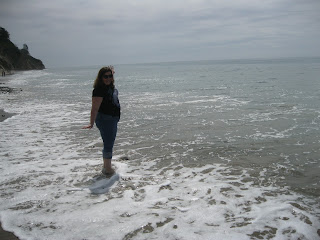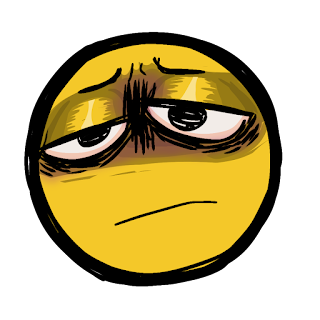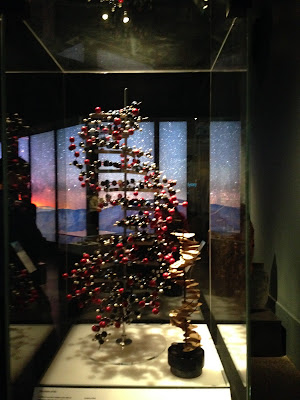The scientific method: dull, dry, and dead?
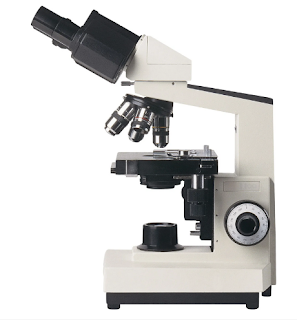
I have nightmares about the scientific method… 😵 When it was first taught to me, it seemed dull, dry, and dead. But then, I heard we could blow stuff up … wait… back up… What? I love these toys! Why are we told that the methodology section in a research paper is the "easiest" to write? If you have done the experiments, and repeated them, you know how to do them. But would you be able to teach them? 😯 Explain them to your colleague in the lab? 😔 The methodology section of the research paper is the first that peer reviewers will prod and test. For them, it's the most important. 😧 Why? If the design of a study is not sound, then you can not trust the results, discussion, or conclusions. So, the main characteristics of adequate methodology are: Validity Make sure your technique enables you to measure what you intend to measure. This seems trivial... but how many times did you run a Western blot without a loading control when you were first starting out? 😕 Re
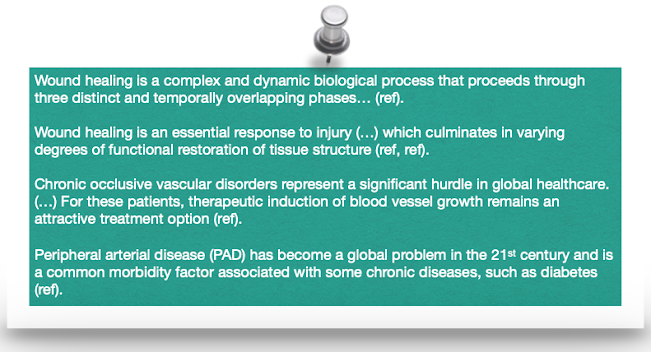
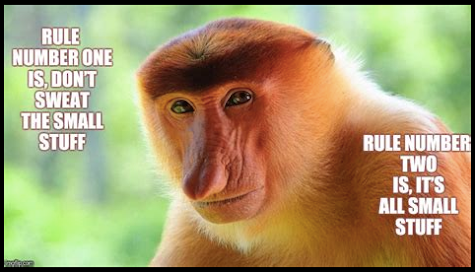
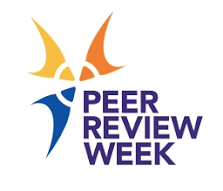
.jpg)

